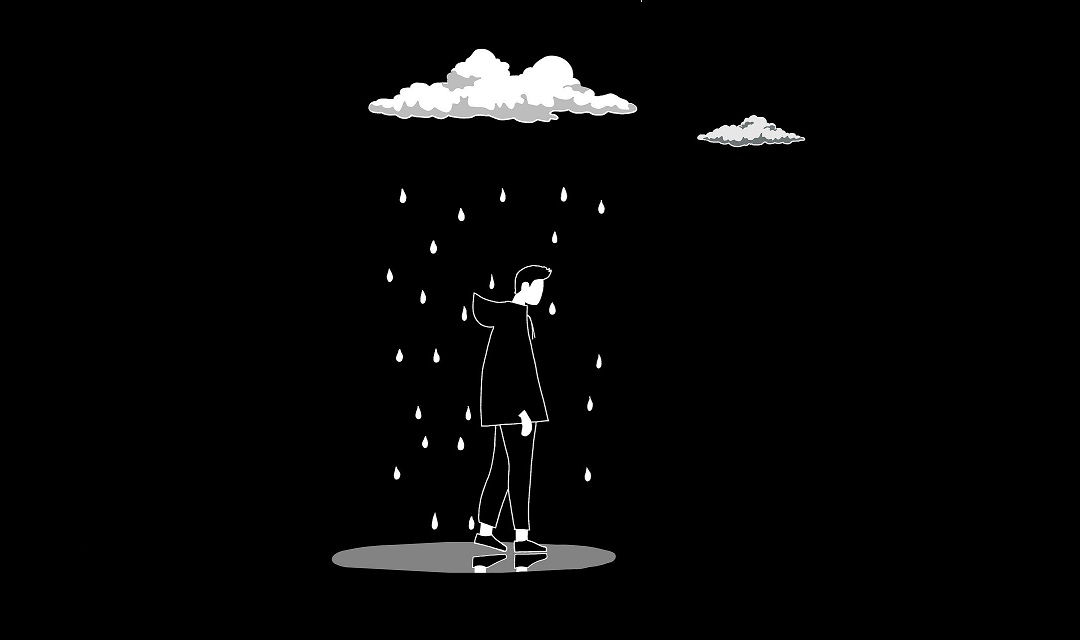By Hank Hanegraaff
This is perhaps the most common question Christian celebrities are asked to answer on secular television shows. At first blush, it may seem as though there are as many responses as there are religions. In reality, however, there are only three basic answers, namely, pantheism, philosophical naturalism, and theism. Pantheism denies the existence of good and evil because in this view god is all and all is god. Philosophical naturalism (the worldview undergirding evolutionism) supposes that everything is a function of random processes, thus there is no such thing as good and evil. Theism alone has a relevant response to the question of why bad things happen to good people—and only Christian theism can answer the question satisfactorily.
First, Christian theism acknowledges that God created the potential for evil because God created humans with freedom of choice. We choose to love or hate, to do good or evil. The record of history bears eloquent testimony to the fact that humans of their own free will have actualized the reality of evil through such choices.
Furthermore, without choice, love is meaningless. God is neither a cosmic rapist who forces His love on people, nor a cosmic puppeteer who forces people to love Him. Instead, God, the personification of love, grants us the freedom of choice. Without such freedom, we would be little more than preprogrammed robots.
Finally, the fact that God created the potential for evil by granting us freedom of choice will ultimately lead to the best of all possible worlds—a world in which “there will be no more death or mourning or crying or pain” (Revelation 21:4). How can that be? Those who choose Christ will be redeemed from evil by God’s goodness and will forever be able not to sin.
Adapted from Resurrection
We know that all things work together for good to those who love God, to those who are the called according to His purpose.
Romans 8:28 NKJV
For further study, see Joni Eareckson Tada and Steven Estes, When God Weeps (Grand Rapids: Zondervan, 1997); Lee Strobel, The Case for Faith (Grand Rapids: Zondervan, 2000), chapter 1; and Jean-Claude Larchet, The Theology of Illness, trans. John Breck and Michael Breck (Crestwood, NY: St. Vladimir’s Seminary Press, 2002).
***Note the preceding text is adapted from The Complete Bible Answer Book: Collector’s Edition: Revised and Expanded (2024). To receive for your partnering gift please click here. ***

